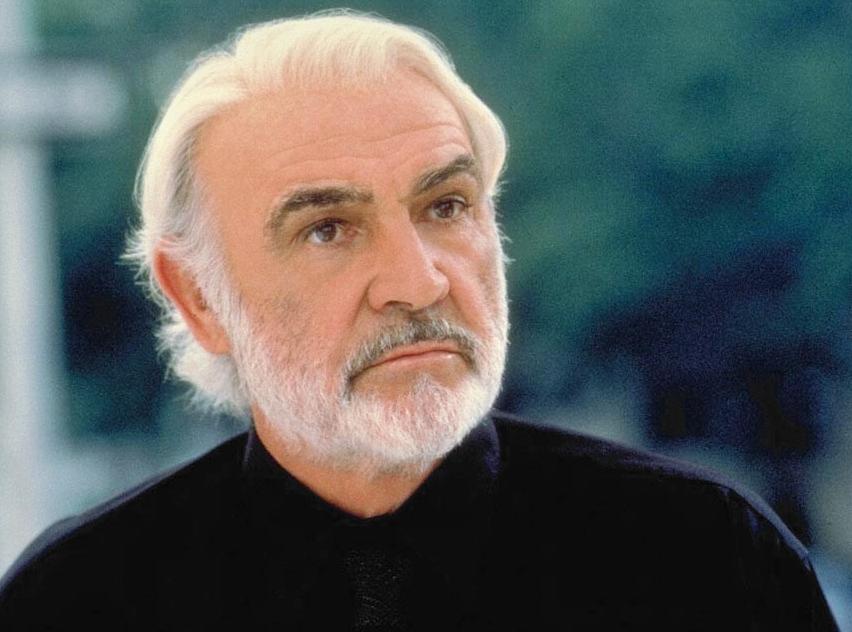The Perils of Obama ...
My uncle used to say that when he was a kid in the 1950s, there was this wonderful serial film from Republic Pictures called the Perils of Nyoka. It was such a good serial (in fact, one of the best serials to come out from Republic Pictures) that he saw time and time again until it was withdrawn from the village cinema to be sent to another village cinema. Unlike all previous serials where the heroes were all men, this time however the hero was a woman. Strange, my uncle forgets who the hero was. Was it Kay Aldridge ? (a name he just remembered) who plays Nyoka. But apparently my uncle never forgets Clayton Moore who plays opposite her ! You know, the guy who later was to appear on TV wearing a mask and shouting Hiyo Silver, Away ! And Kemo Sabey
The film was apparently set in a desert with horse-riding Arabs as the villains trying to get hold of some emblem which was a power symbol to influence other peaceful Arabs and Nyoka, together with Larry, was determined to get the emblem on behalf of America, what else. At the end of each chapter (there were 15 chapters in all), either Nyoka or Larry or both of them would be in a dangerous situation from which they cannot extricate, holding the audience in suspension , only to be saved by one or the other or by some fortunate events at the start of the next chapter, to the relief of the audience. Like all good Hollywood movies, Nyoka and Larry won the day and saved the world. THE END.
So it seems with Barack Obama. Being black, his early set of perils was probably in fighting against white bigotry to become a senator, and more and more bigotry to be nominated as a presidential candidate for the Democrat party. There were dangers and obstacles from the likes of senators like Hillary Clinton and Edwards who were all Democrat presidential nominees in their own right. Chapter after chapter, we were treated to suspense actions on who would emerge as the ultimate candidate. Hillary Clinton, like the evil Vultura in Perils of Nyoka , put up her best fight only to lose to Barack Obama in the end after a lot of suspense. For a moment, the audience was held breathless.
Having gone through to chapter 13, we saw chapter 14 in which the cunning McCain, like the villainous Cassib, pulled Sarah Palin out of a hat, hoping to win the sentiments of women voters and the libido of lecherous old men like Billy Clinton. Obama managed to come out unscathed in this chapter 14. We are now towards the end of Chapter 15. Can Obama survive the perils that are about to descend on him in a matter of 5 days.
Update: 05/11/2008: At last, Chapter 15 ends with Barack Obama triumphant. He has defeated everyone.
[P.S. It is interesting to note that Barack Obama seldom uses his middle name which is H for Hussain - definitely an Arab or a muslim name. Its similar to president Harry S Truman where, some say, the S stands for Sergei - a common Russian name.
[Using Google, the who's who of Perils of Nyoka are Kay Aldridge as Nyoka Gordon, Clayton Moore as Dr. Larry Grayson, Lorna Gray as Vultura and Charless Middleton ("wan gali") as Cassib. The emblem mentioned above was The Tablets of Hippocrates.


